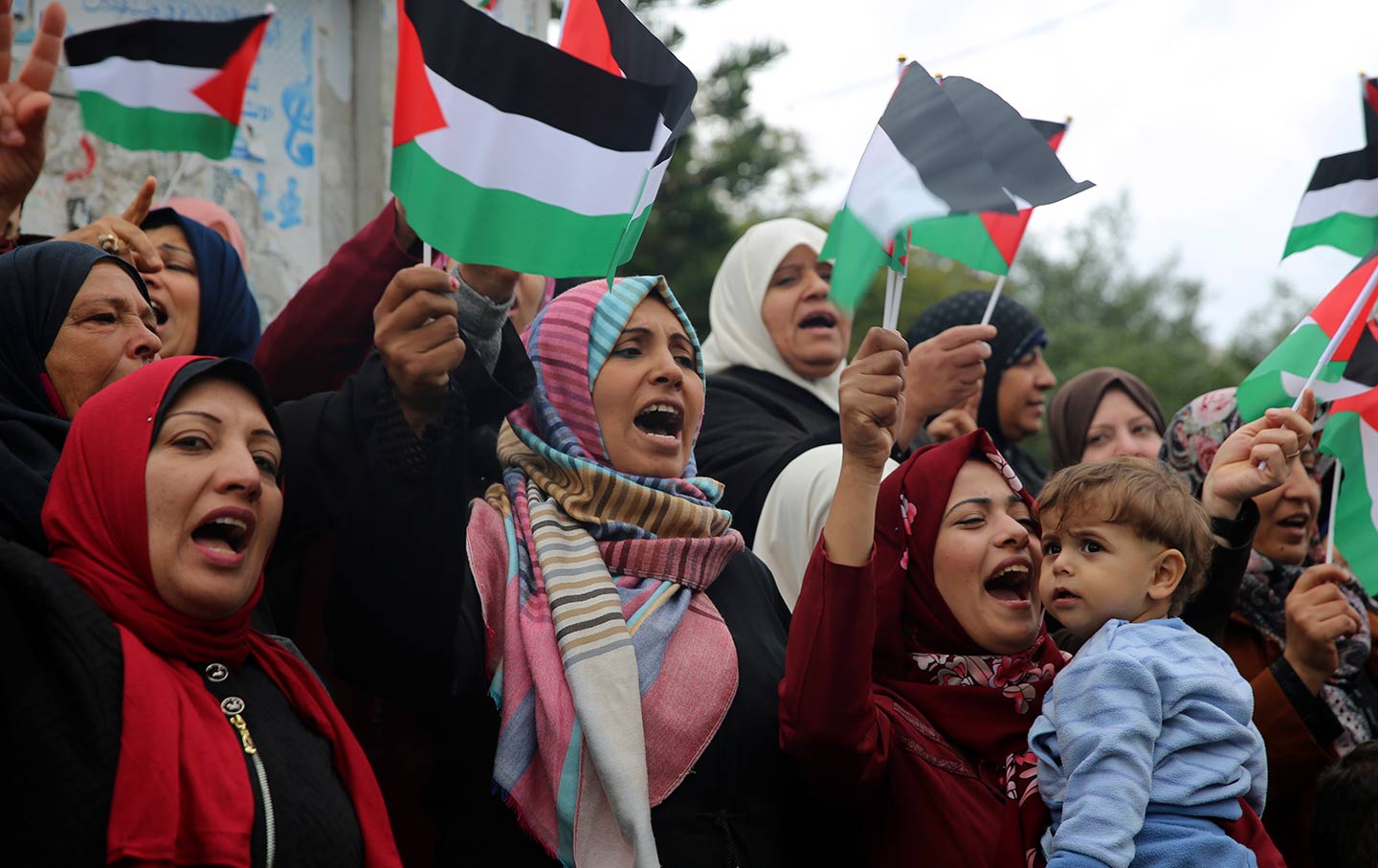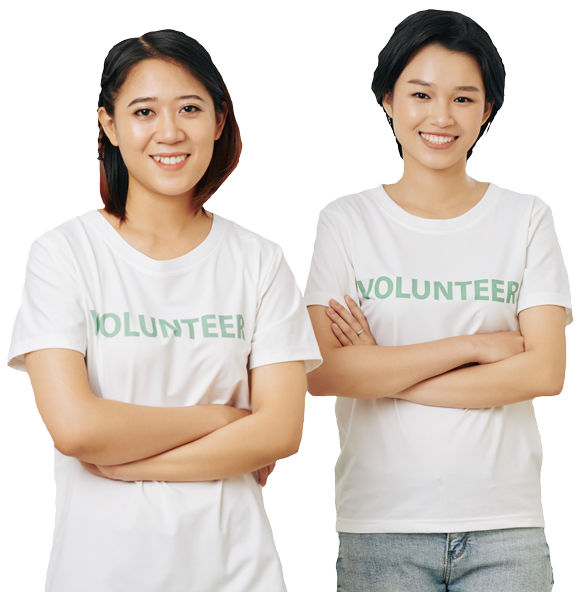The Palestinian narrative is often dominated by images of conflict and political strife. Yet, within this complex struggle lies another story – the story of Palestinian women, a story of resilience amidst adversity, of silenced voices yearning to be heard. These women navigate a world riddled with the challenges of occupation, societal expectations, and the ongoing fight for self-determination. In this article, we will briefly discuss the main issues that threaten the safety, peace, and socioeconomic growth of Palestinian women. Simultaneously, we will look into some solutions for these problems.
Education – A Fragile Stepping Stone
Education has long been recognized as a key to empowerment. However, Palestinian women face significant hurdles in accessing quality education. The Israeli occupation disrupts schooling through checkpoint delays, school closures in war zones, and the psychological toll of violence. This disrupts learning and restricts educational opportunities, particularly for girls in rural areas where cultural norms may prioritize domestic duties over schooling.
Furthermore, educational content often reinforces traditional gender roles, preparing girls for domesticity rather than leadership. This narrow focus stifles their potential and hinders their ability to contribute meaningfully to Palestinian society and the pursuit of national liberation.
Economic Disparity – The Weight of Precarious Work
Palestinian women play a vital role in the informal economy, often as small business owners or agricultural workers. However, these ventures are frequently precarious, lacking access to credit, training, and infrastructure support. The Israeli occupation further complicates economic participation with restrictions on movement and access to markets.
Moreover, the gender pay gap remains a harsh reality. Women often earn significantly less than men for the same work, limiting their economic independence and reinforcing their subordinate position within the family and society. This economic disparity not only affects their own well-being but also hinders their ability to invest in their children’s education and healthcare.
Double Burden – Balancing Tradition and Agency
Palestinian society is steeped in tradition, with strong patriarchal structures that often relegate women to domestic roles. The burden of childcare, housework, and caring for elders often falls disproportionately on women, limiting their opportunities for education, employment, and political participation.
This creates a constant struggle between fulfilling societal expectations and pursuing individual aspirations. While many women find strength and solidarity within their families, these traditions can also act as a barrier to their full agency.
Violence – A Constant Threat
Palestinian women face a heightened risk of violence, both within their homes and in public spaces. Domestic abuse is a pervasive issue exacerbated by the stress of occupation and limited access to support services. The culture of honor killings, though condemned by many, continues to claim the lives of women who are deemed to have transgressed societal norms.
Furthermore, the omnipresent threat of Israeli military violence puts all Palestinians at risk. Women are subjected to physical violence, arbitrary arrest, and detention, often experiencing sexual harassment or assault at the hands of Israeli security forces. This atmosphere of constant insecurity and fear restricts their movement, limits their access to resources, and stifles their voices.
Breaking the Chains – Resistance and Empowerment
Despite these challenges, Palestinian women are not defined by their vulnerabilities. They are agents of change, actively working to create a better future for themselves and their communities. Women’s organizations and grassroots movements are raising awareness about gender equality, providing educational opportunities, and advocating for legal reforms that protect women’s rights.
These organizations offer safe spaces for women to share their experiences, develop skills, and build solidarity. They are challenging patriarchal norms and promoting women’s participation in the political process.
The International Imperative – A Call for Action
The international community has a crucial role to play in supporting Palestinian women. This includes advocating for an end to the Israeli occupation, which is a root cause of many of the challenges women face. Additionally, funding for programs that promote girls’ education, economic empowerment initiatives for women, and support services for victims of violence are essential.
Furthermore, holding Israel accountable for human rights violations against Palestinian women, including those perpetrated by its security forces, sends a strong message of deterrence and promotes justice.
How Can We Help Women in Palestine?
The international community can support women in Palestine in a multitude of ways, addressing both the immediate challenges and fostering long-term empowerment. Here are some key areas of focus:
Protection and Safety
- Urging all parties to the conflict to uphold international law and prioritize the safety of civilians, including women and children.
- Supporting organizations that document human rights abuses and violence against women in the region.
- Advocating for accountability for perpetrators of violence against women.
Economic Empowerment
- Providing funding and training programs to help women develop skills and access entrepreneurial opportunities.
- Supporting initiatives that promote women’s ownership of businesses and participation in the formal economy.
- Encouraging fair trade practices that ensure Palestinian women producers receive fair compensation for their goods.
Healthcare and Education
- Supporting clinics and hospitals that provide essential healthcare services to women, including reproductive health services.
- Funding educational programs that promote gender equality and empower women to make informed decisions about their lives.
- Advocating for increased access to education for girls at all levels.
Political Participation
- Encouraging Palestinian leadership to uphold and strengthen women’s rights within their political structures.
- Supporting Palestinian women’s organizations that advocate for their rights and participation in peacebuilding efforts.
- Pressuring international actors to include women in all peace negotiations and decision-making processes.
Mental Health and Psychosocial Support
- Supporting programs that provide mental health services to women who have experienced trauma and violence.
- Promoting psychosocial support for women and families coping with the ongoing conflict.
- Funding initiatives that build resilience and coping mechanisms within communities.
Here are some additional points to consider:
- Sustainability – Focus on programs that create long-term positive change and empower women to be self-sufficient.
- Collaboration – Work with local Palestinian women’s organizations to ensure their needs and voices are heard.
- Context-Specific Solutions – Recognize the unique challenges faced by women in different regions of Palestine and tailor support accordingly.
By taking a multi-pronged approach, the international community can play a significant role in improving the lives of women in Palestine.
The Symphony Awaits Its Conductor
The story of Palestinian women is a complex tapestry woven with resilience, struggle, and hope. They are the mothers, daughters, sisters, and leaders who are shaping the future of Palestine. By addressing the challenges they face, the international community can help ensure that their voices are heard, their potential is unlocked, and they are empowered to become full participants in building a peaceful future for themselves and their nation.
However, it is vital to acknowledge the diversity of experiences within Palestinian society. Women from different backgrounds, locations, and age groups may face these challenges in varying degrees. Additionally, Palestinian women are not a monolithic group; they possess agency, creativity, and a rich cultural heritage that should be celebrated. Ultimately, a better understanding of the multifaceted lives of Palestinian women is crucial for creating a future where their voices resonate loud and clear, conducting the symphony of Palestinian society toward a brighter future.


